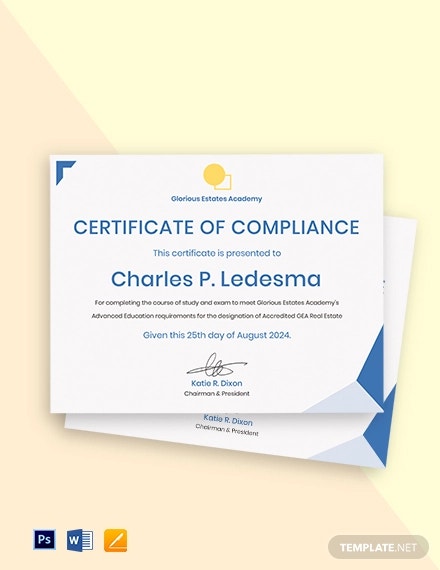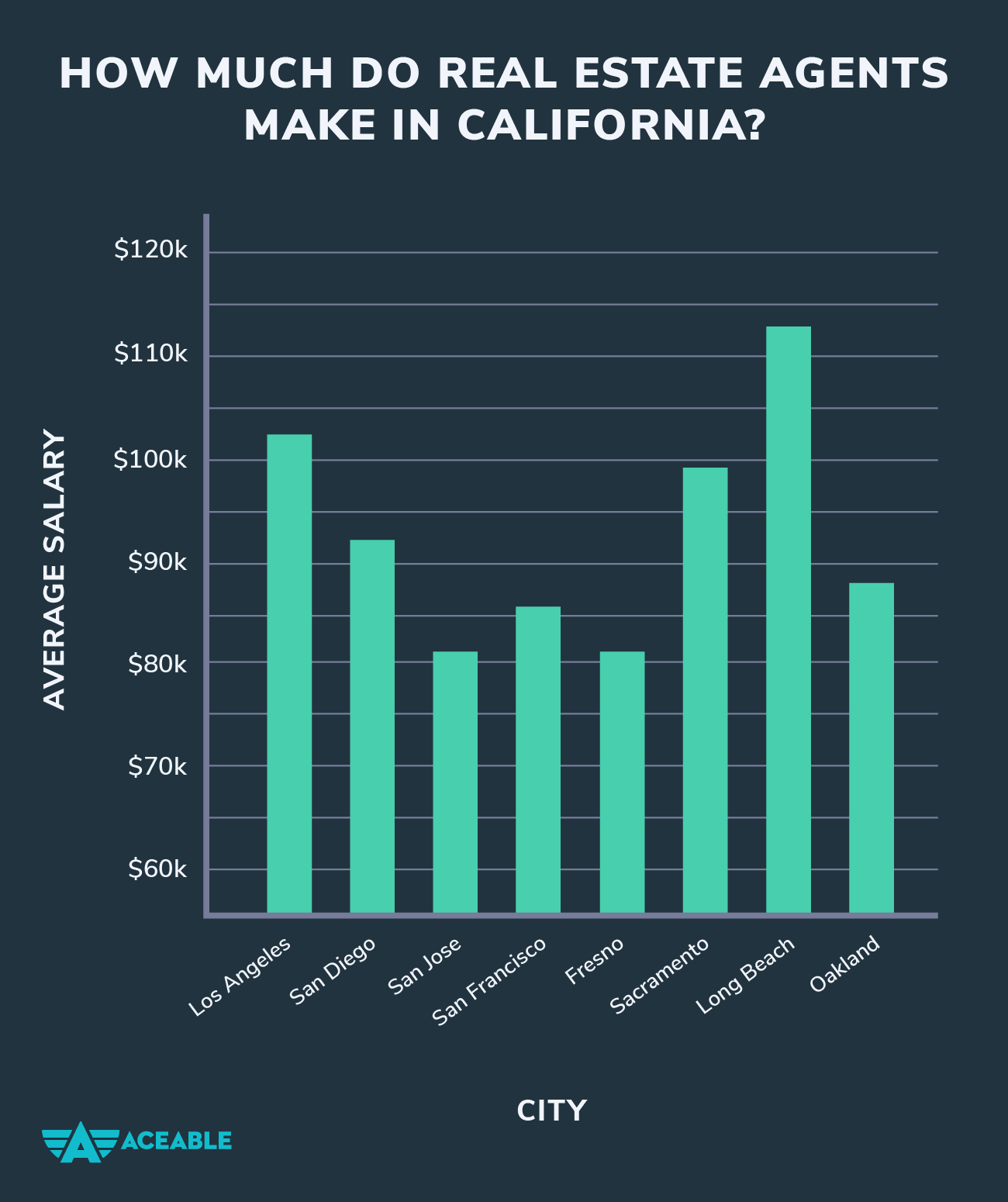
Before you buy a REIT, you should know more about the company. Find out about its history and how it compares to the competition. This will allow you to assess whether it will yield good dividends. You should also know about the risks of buying REITs.
Tip: Purchase REITs
You should consider the quality of REITs and the earnings before investing. The company's earnings include funds earned from its properties and any cash available to pay dividends. It is also important to consider the fees associated for the investment. Diversification is another important consideration. Some REITs are heavily invested in a certain type of property, which can increase the risk of a loss. You can reduce your risk by investing in multiple REITs and diversifying your portfolio.
One of the best ways to invest in REITs is to set up a brokerage account. This is a quick and easy way to trade and buy publicly traded REITs. Many of these investments offer high dividends. Some REITs offer the possibility of holding your funds in a tax preferred account. This allows you to avoid paying taxes on distributions.
Taxes on dividends
When purchasing REITs, investors should be aware of the taxes on dividends. REITs' dividends may also include capital gains. Capital gains occur when a company sells real property assets. The amount of tax due will depend on whether the investor qualifies for special tax concessions or not. If the investor does not qualify for special tax concessions then the dividend will still be subject to the investor's marginal tax rate.

If REITs do not require close ownership, investors can avoid paying taxes. In addition, they need to be careful to avoid REITs that do not have a five-year dividend history. REITs can't be owned by more than half of the population. The Tax Cuts and Jobs Act of 2017 provides a 20% deduction on pass-through income.
Liquidity
Liquidity is an important consideration for REITs. It helps them to withstand unanticipated changes in their assets' value. REITs also have the option to increase their wealth by distributing a portion their earnings to their investors. REITs have used lower interest rates to boost their cash balances and improve liquidity during the recent downturn. REITs are not a safe investment as volatility is a part of the business.
REITs are also liquidity because shares can easily be bought or sold on the stockmarket. Investors can make changes to their investment strategy or access cash with this liquidity. Investors may also find REITs appealing because real estate is an uncorrelated asset class.
There are risks involved in investing in REITs
While REITs can provide a steady income in the form of dividends, investors should also keep in mind that REITs are not risk-free investments. This is because REITs are traded just like stocks and can go down in value. Although they are relatively safe investments, they must compete with other high-yield investment options, which could cause REIT stock prices to decline.
Another important risk is the interest rate risk. Rising interest rate risk will affect REIT cash flows by increasing the cost of borrowing. However, these risks are mitigated by REITs' solid balance sheets. Managers of these companies will try to maintain a healthy degree of leverage. Investors need to pay attention to this.

When to Buy
Before you decide to invest in REITs, it's important to consider your financial situation and investment goals. Also, understand the tax implications for investing in REITs. REITs are not the best investment option for those who want to maximize their tax advantage because they generate most of their income through dividend income.
The uncertainty around master lease expirations is a significant challenge for REITs. Investors are often motivated to sell because of this uncertainty. Because of this uncertainty, investors have seen their fundamentals suffer. Despite all the uncertainty, investors often fail to recognize that short-term issues are not likely to have a significant impact on their long-term prospects.
FAQ
What is a reverse loan?
Reverse mortgages allow you to borrow money without having to place any equity in your property. It allows you access to your home equity and allow you to live there while drawing down money. There are two types to choose from: government-insured or conventional. Conventional reverse mortgages require you to repay the loan amount plus an origination charge. FHA insurance covers repayments.
How can you tell if your house is worth selling?
Your home may not be priced correctly if your asking price is too low. If you have an asking price well below market value, then there may not be enough interest in your home. You can use our free Home Value Report to learn more about the current market conditions.
How much will it cost to replace windows
The cost of replacing windows is between $1,500 and $3,000 per window. The cost to replace all your windows depends on their size, style and brand.
Do I need flood insurance?
Flood Insurance protects you from flooding damage. Flood insurance helps protect your belongings, and your mortgage payments. Find out more information on flood insurance.
Statistics
- Some experts hypothesize that rates will hit five percent by the second half of 2018, but there has been no official confirmation one way or the other. (fortunebuilders.com)
- It's possible to get approved for an FHA loan with a credit score as low as 580 and a down payment of 3.5% or a credit score as low as 500 and a 10% down payment.5 Specialty mortgage loans are loans that don't fit into the conventional or FHA loan categories. (investopedia.com)
- When it came to buying a home in 2015, experts predicted that mortgage rates would surpass five percent, yet interest rates remained below four percent. (fortunebuilders.com)
- The FHA sets its desirable debt-to-income ratio at 43%. (fortunebuilders.com)
- This seems to be a more popular trend as the U.S. Census Bureau reports the homeownership rate was around 65% last year. (fortunebuilders.com)
External Links
How To
How to become an agent in real estate
To become a real estate agent, the first step is to take an introductory class. Here you will learn everything about the industry.
Next you must pass a qualifying exam to test your knowledge. This requires you to study for at least two hours per day for a period of three months.
After passing the exam, you can take the final one. You must score at least 80% in order to qualify as a real estate agent.
These exams are passed and you can now work as an agent in real estate.